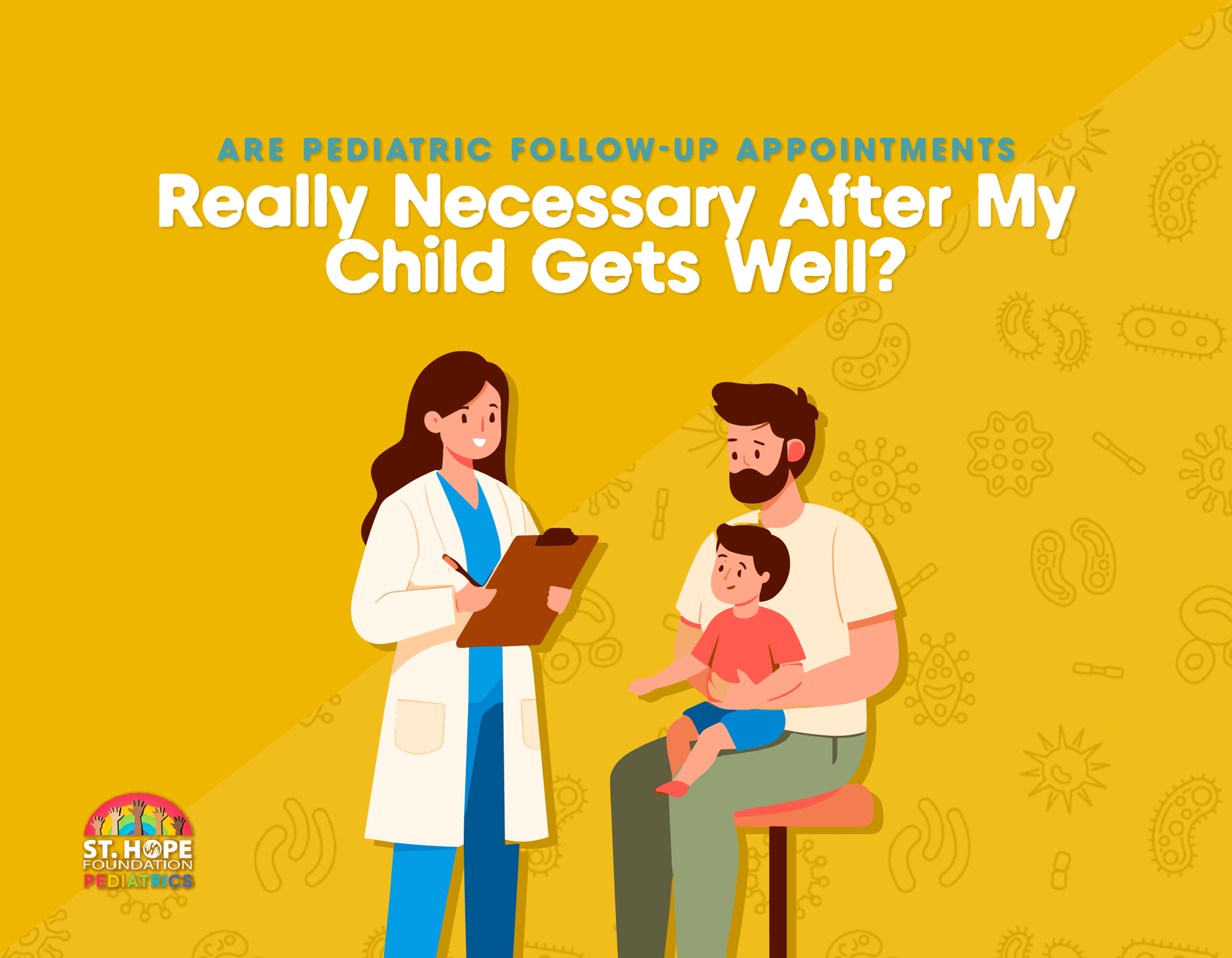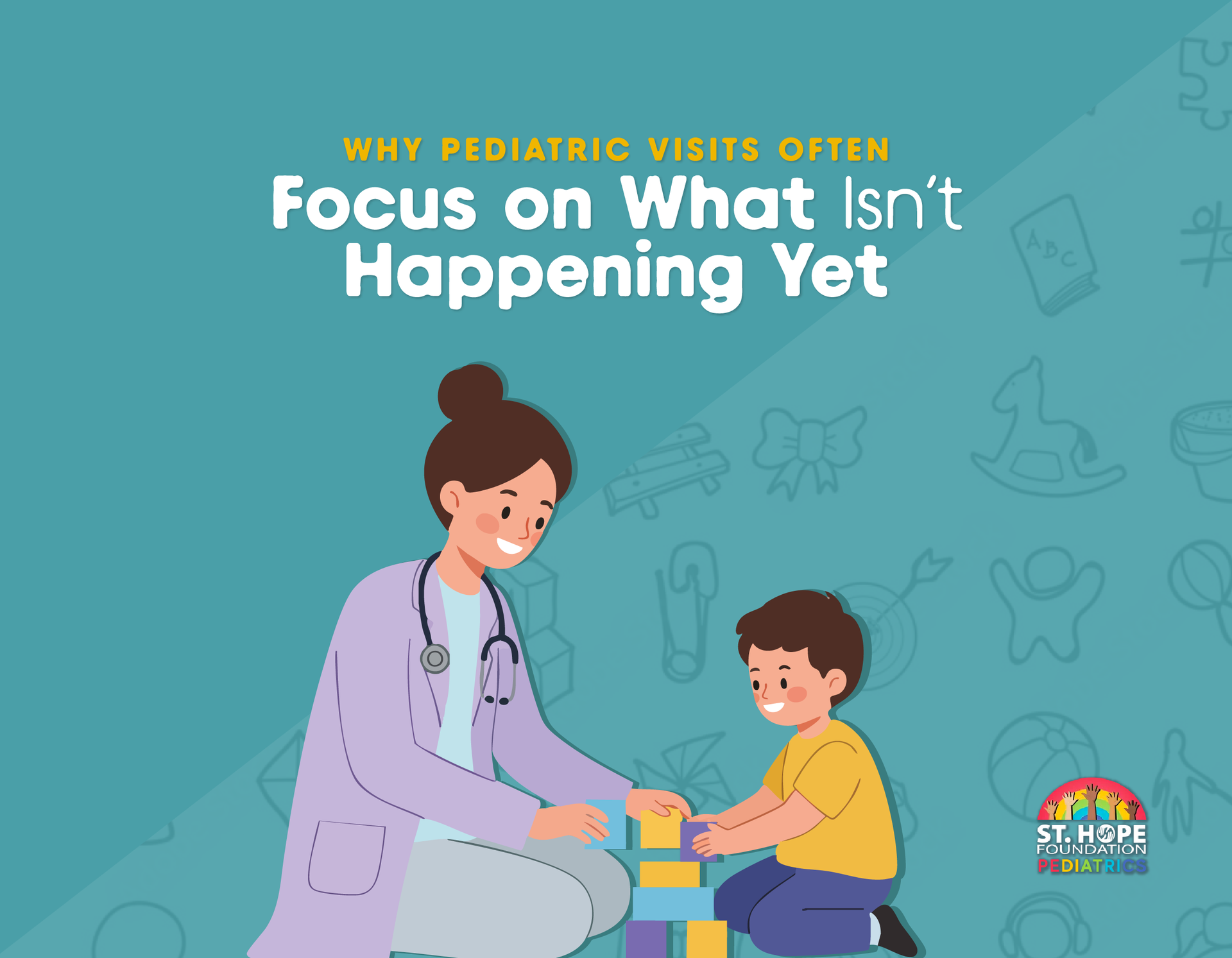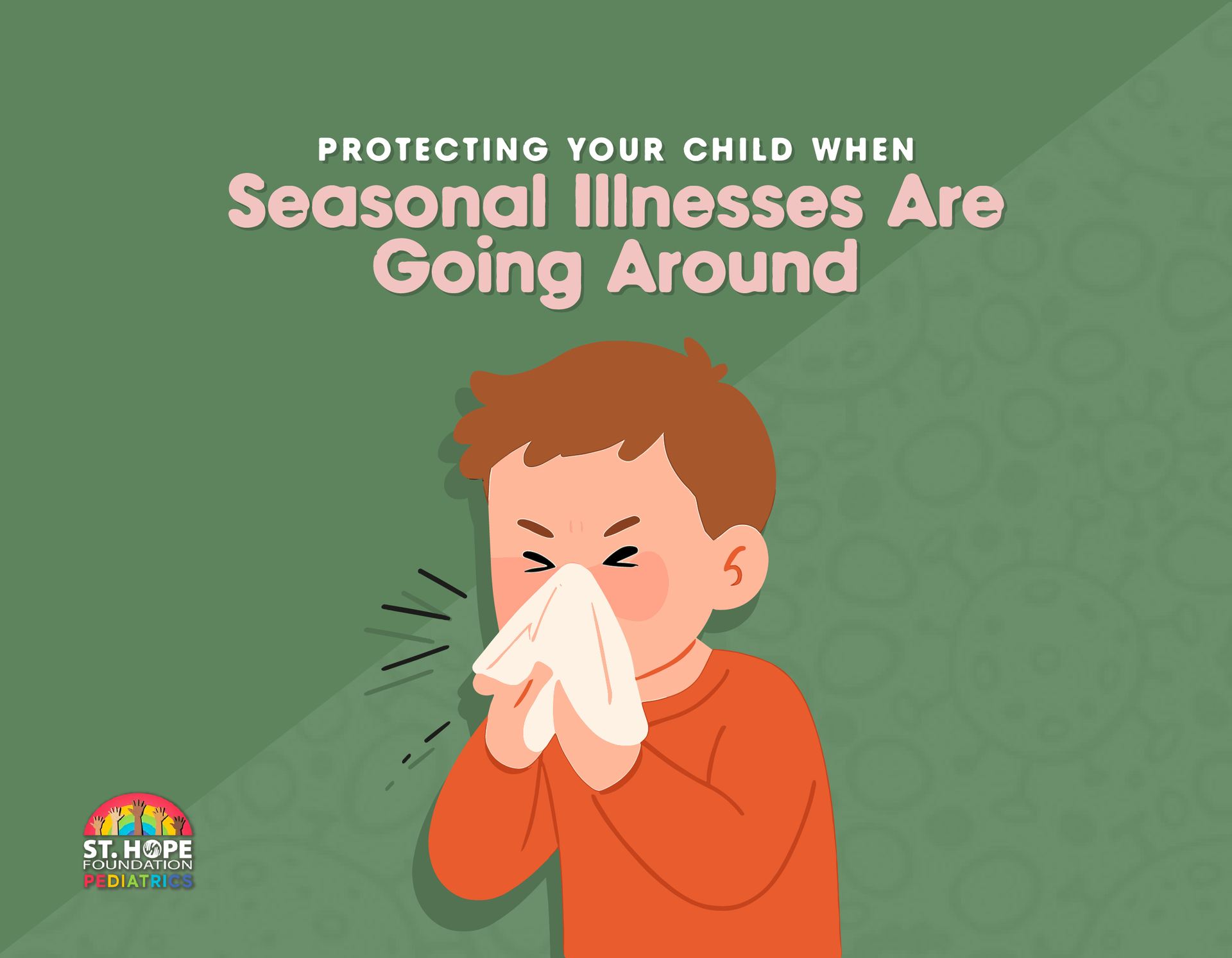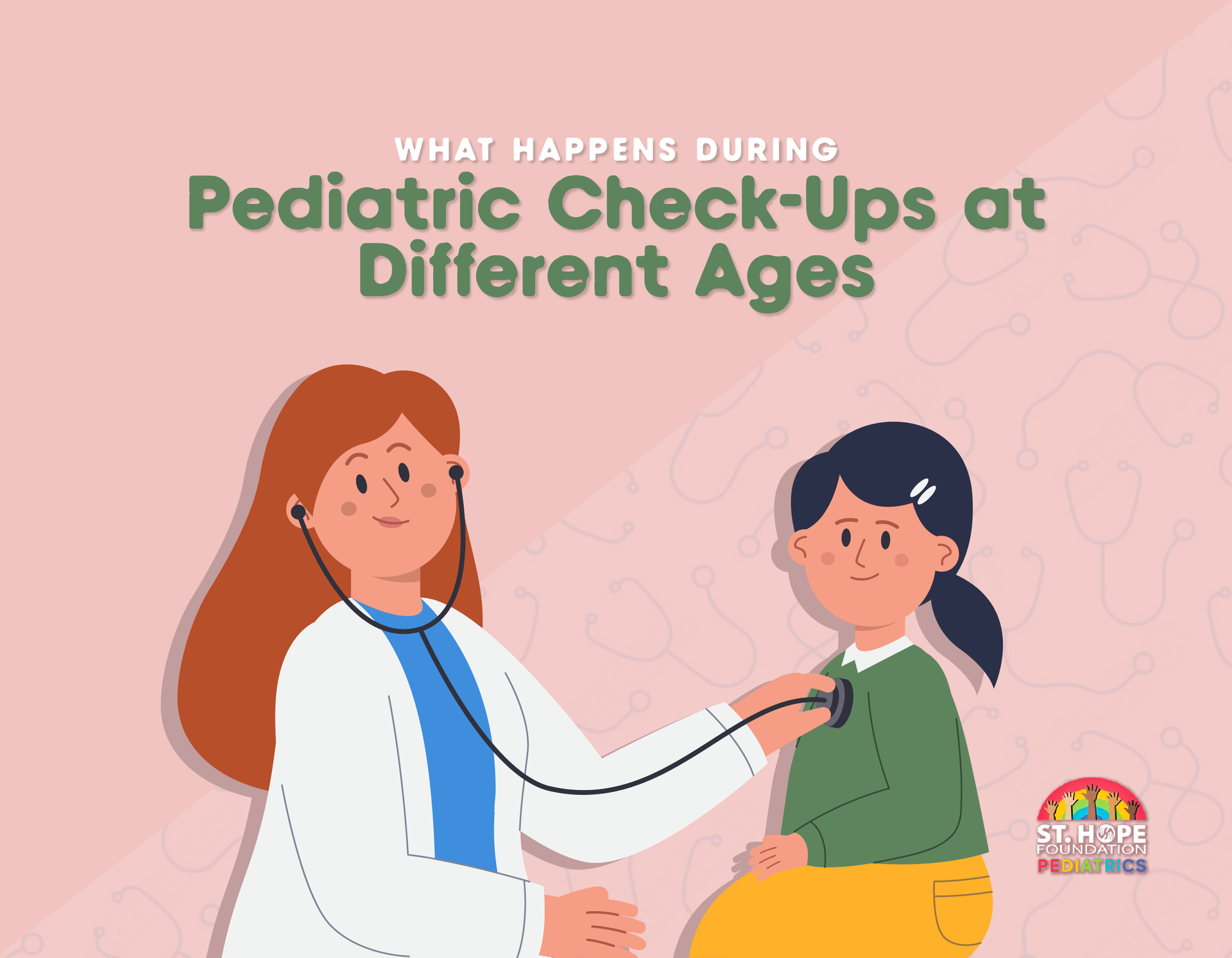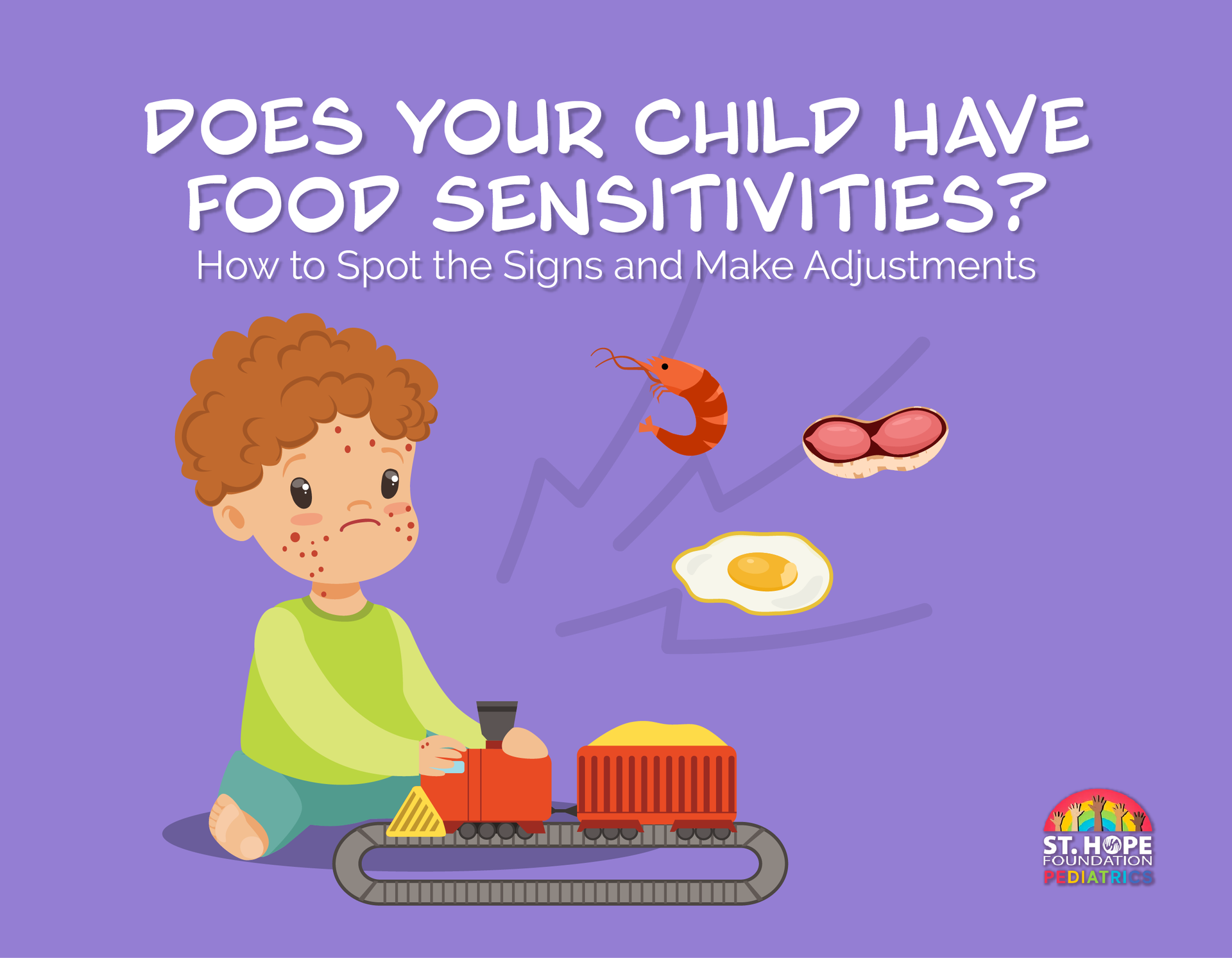
As a parent, you know your child better than anyone. So when something seems "off", whether it’s frequent tummy aches, persistent skin rashes or sudden mood swings, you’re right to pay attention. These symptoms may not always be random or the result of a passing illness. In some cases, they can point to a food sensitivity that’s quietly affecting your child’s health and well-being.
Unlike food allergies, which trigger an immediate immune response, food sensitivities can produce delayed or chronic symptoms. That’s what makes them trickier to identify. But with the right awareness and medical guidance, you can uncover potential triggers and help your child feel better.
What Is a Food Sensitivity?
A food sensitivity occurs when the digestive system has difficulty processing certain foods. This is different from a food allergy (which involves the immune system) and a food intolerance (which may manifest when a child lacks a specific enzyme, like in lactose intolerance).
While a child with a peanut allergy may have an immediate reaction like hives or difficulty breathing, a child with a gluten or dairy sensitivity might develop bloating, irritability or fatigue hours or even days, after eating those foods.
Common Symptoms to Watch For
Food sensitivities vary from child to child, but some of the most common signs include:
- Digestive issues: Bloating, gas, constipation or diarrhea
- Skin problems: Eczema, rashes or persistent dry patches
- Behavioral changes: Irritability, mood swings or difficulty focusing
- Sleep disruptions: Trouble falling or staying asleep
- Frequent headaches or “tummy aches” without an obvious cause
- Chronic congestion or runny nose
These symptoms may appear mild at first, but can become chronic and disruptive if the underlying cause is not addressed.
Foods That Commonly Cause Sensitivities
While any food has the potential to cause issues, some are more frequently associated with sensitivities in children:
- Dairy (especially cow’s milk)
- Gluten (found in wheat, barley, rye)
- Eggs
- Soy
- Food additives (like artificial dyes or preservatives)
- Corn
- Nuts (in some non-allergic cases)
How to Start the Process of Food Sensitivity Identification
- Keep a Food and Symptom Journal: Track what your child eats and any symptoms that follow. Over time, patterns may emerge that help pinpoint potential culprits.
- Consult a Pediatrician: A doctor can help determine whether the symptoms may be food-related or caused by something else. If food sensitivities are suspected, they may recommend an elimination diet, allergy testing or seeing a specialist.
- Try an Elimination Diet (with supervision): This involves removing potential problem foods for a few weeks and then slowly reintroducing them one by one. Careful observation during this process is key to drawing reliable conclusions.
- Consider Further Testing: Some pediatricians may suggest lab work to check for food-specific antibodies, although these are not always conclusive. Your doctor will guide you on which tests are helpful in your child’s case.
Making Adjustments to Your Child’s Diet
Once you identify a food sensitivity, adjusting your child’s diet can significantly improve their health, comfort and mood. Here are some ways to make the transition smoother:
- Find substitutes together: If your child is sensitive to dairy, explore plant-based milk alternatives together at the store. Turning it into a fun experiment can help them feel involved and in control.
- Read labels carefully: Many processed foods contain hidden ingredients like soy, gluten or dairy. Becoming a label reader is essential.
- Prep snacks in advance: Having safe, tasty snacks ready can help avoid situations where your child feels left out or tempted to eat something that causes symptoms.
- Communicate with schools or caregivers: Make sure everyone involved in your child’s care is aware of the food sensitivity and what to avoid.
- Stay patient: It can take time for symptoms to fully resolve, and slip-ups may happen. Celebrate progress and don’t panic if symptoms temporarily return.
Supporting Emotional Well-Being
Living with food sensitivities can be emotionally tough on kids. They might feel different from their peers or frustrated by restrictions. Encourage open communication about how they’re feeling and help them understand that these changes are to help them feel better, not to punish or exclude them.
Let them know it’s okay to have questions or even be upset at times. With your support, they’ll grow more resilient and learn how to advocate for their own health as they grow.
When to Get Professional Support From a Pediatrician
If symptoms persist despite dietary changes, or if you're overwhelmed by the process, it’s time to bring in professional help. A pediatrician can provide additional resources, monitor your child’s overall health and refer you to dietitians or pediatric gastroenterologists if needed.
Partner with a Sugar Land or Greenspoint Pediatrician if You Have Concerns About Your Child’s Diet
At St. Hope Pediatrics, we believe in treating the whole child, physically, emotionally and nutritionally. Our team takes the time to listen, investigate concerns thoroughly and support families navigating food sensitivities and other health challenges.
If you suspect your child may have a food sensitivity, don’t guess, get answers. Contact St. Hope Pediatrics online or give us a call at (713) 778-1300 to schedule an appointment.

